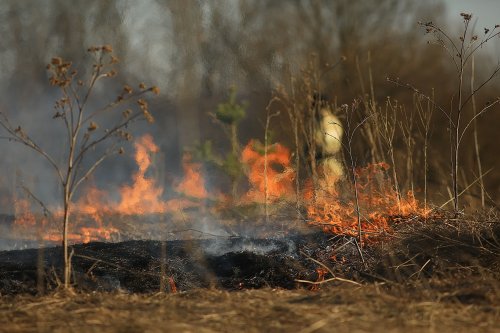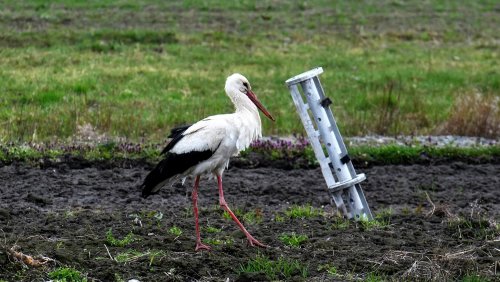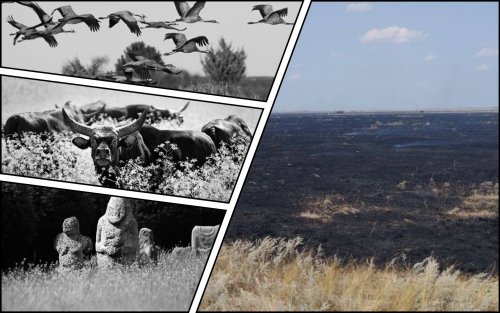Singer Tina Karol and animal rights activists of the UAnimals association presented an updated version of the world-famous "Carol of the Bells", which tells about the ecocide of the Russian Federation in Ukraine.
The song Carol of the Ecocide should draw attention to Russia's environmental crimes during the war, reports UAnimals on Telegram.
The message explained that the action is timed to the 100th anniversary of the song as part of the #StopEcocideUkraine campaign. Performs Tina Karol's song accompanied by the "Dzvinochok" choir.
"Carol of the Ecocide draws attention to the fact that Russia is not only a terrorist country, but also an eco-terrorist who steals the future from our children and the entire planet. And this is not a cute cartoon Grinch, but a complete evil that must be stopped until it stopped the world," said UAnimals founder Oleksandr Todorchuk.
The new and relevant text for the composition Carol of the Ecocide was written by the Ukrainian author Yevhen Matyushenko, and the composer Yuriy Zvonar worked on the arrangement.
"War destroys life in the full sense of the word: it takes away people's lives, their homes and way of life, their land, their hopes and the right to be happy. The war mercilessly destroys the Ukrainian ecology and the animal world. I joined the UAnimals initiative to remind the world, how destructive and immeasurable is the consequence of Russia's war against Ukraine. The song "Shchedryk" is a symbol of the Christmas miracle, and Ukraine is a symbol of the human miracle of resilience and indomitability, a miracle that defends the world throughout the war," the singer said.
Animal rights activists emphasized that due to Russian aggression, more than 182,880 m2 of Ukrainian soil has been contaminated with harmful substances, 20% of nature conservation areas of Ukraine have been affected by the war, more than 6 million domestic animals and at least 50 thousand Black Sea dolphins have died.
Earlier, EcoPolitic wrote, that in Ukraine due to the full-scale invasion of Russia thousands of dead dolphins washed up on the shores of the Black Sea. And this is only a small part of the devastating consequences.
As EcoPolitic previously reported, in the liberated Lyman, in Donetsk region, animal rights activists rescued the injured bear from a private zoo.





